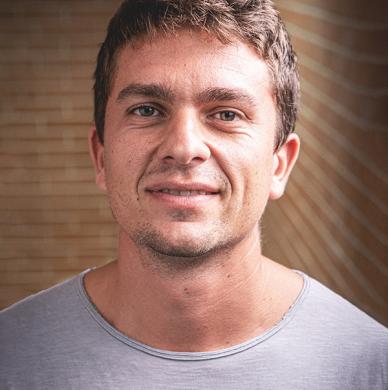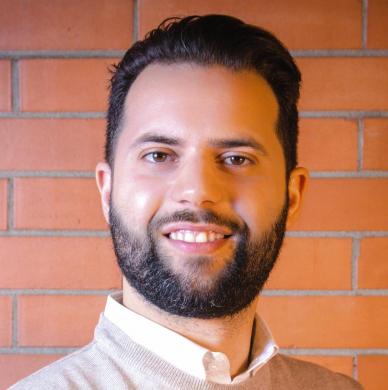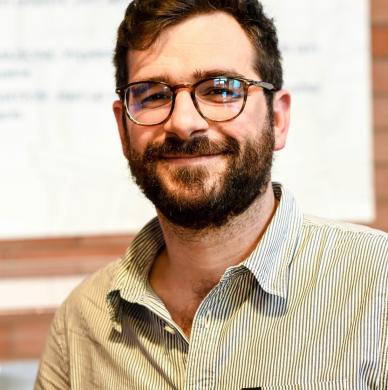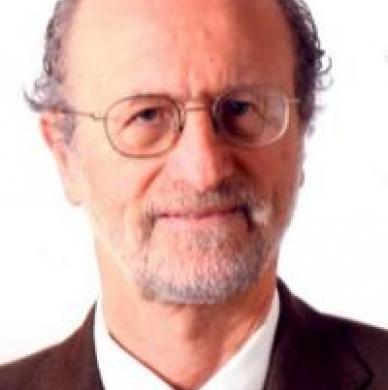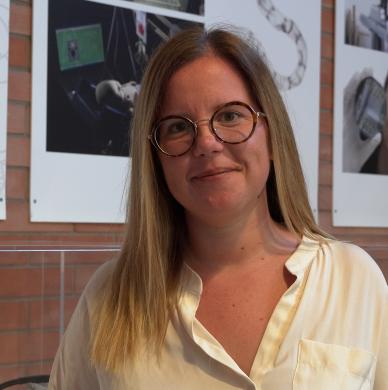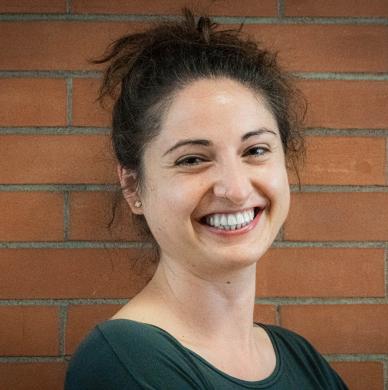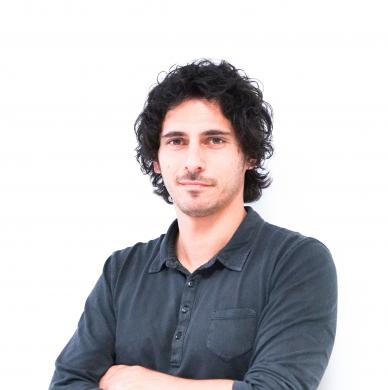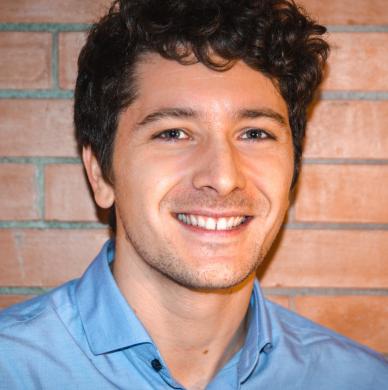Medical Robotics and Regenerative Medicine
Medical robotics changed the way we screen, diagnose and treat diseases and injuries. Biorobotics has contributed to the development of innovative devices that are functional to the needs of patients and healthcare professionals.
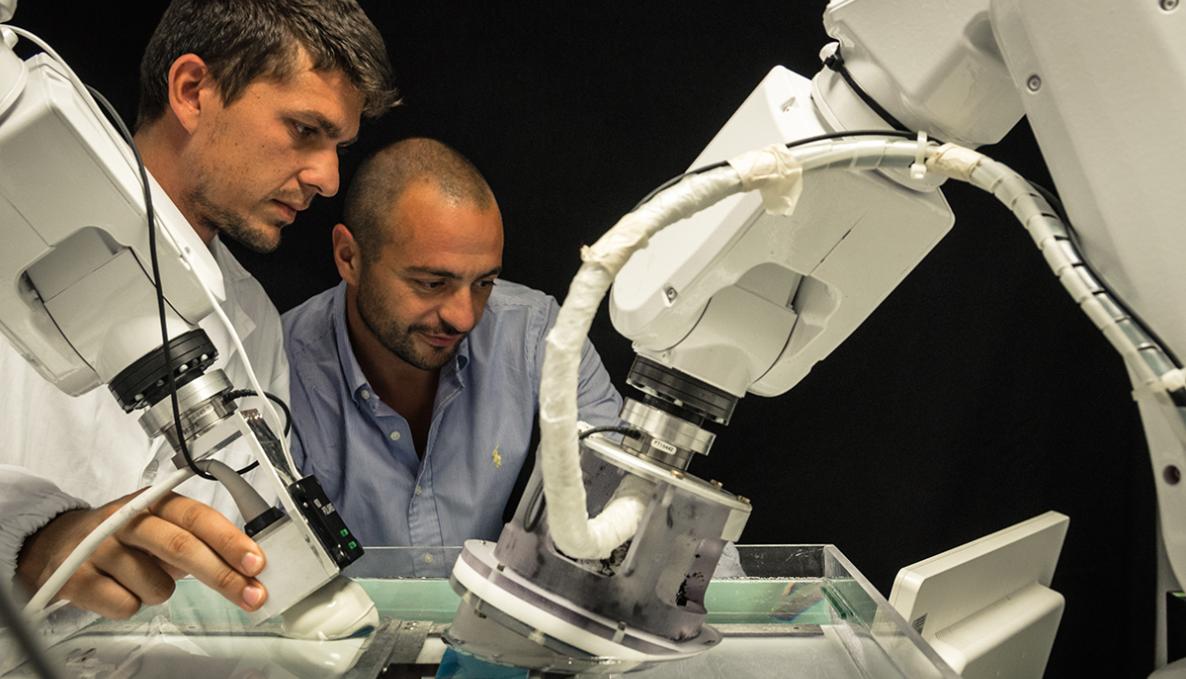
Our research helps to reduce the gap between diagnosis and therapy, also focusing on predictive, preventive, personalised and participatory strategies, by blending together competences coming from robotics and bioengineering and by developing platforms, enabling technologies and components with the ability to diagnose and treat many pathologies in the human body, including in hard-to reach areas.
Regenerative medicine aims to foster tissue healing and self-regeneration or even to fully substitute damaged or degenerated tissues/organs, through functional counterparts developed artificially. This effort can be pursued through the interplay of stem cells, biomaterials and several engineering tools.
Investigators at The BioRobotics Institute develop solutions in the field of minimally invasive surgery, targeted therapy and diagnosis and regenerative medicine. These include robots able to operate and navigate in the human body for diagnostic and therapeutic applications, robotic devices for surgery operating at different scales, robotic devices for applications in rehabilitation and daily-life assistance of people affected by movement disorders, micro-nano technologies and biomaterials for the regeneration of tissues, bio-hybrid robots, stem cells, 3D bioprinting and other biofabrication technologies.


